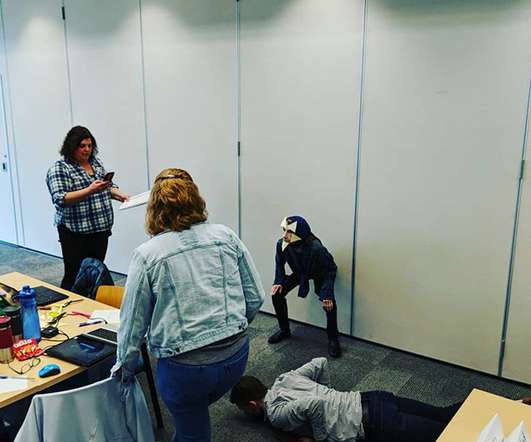Why most schools won’t ‘reinvent’ themselves after the pandemic
Dangerously Irrelevant
JANUARY 31, 2021
As I noted in a recent article that I submitted: “… reflection on organizational possibilities and institutional futures is common during the ‘reconstruction’ phase (Boin & Hart, 2003) of a crisis (see also Coombs, 2000; Heath, 2004; Boin, Hart, Stern, & Sundelius, 2005; Jaques, 2009; Smith & Riley, 2012). 2021; under review).
















Let's personalize your content